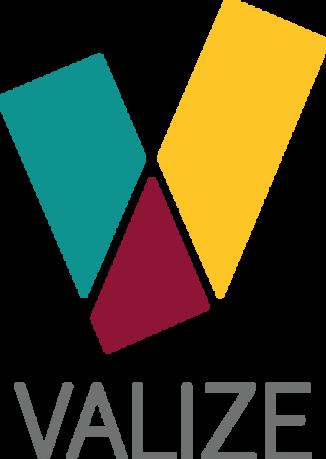AI Will AI do to expert professions what the Model T did to railroads?
Thought Sparks
Rita McGrath
As economist Carlota Perez so eloquently lays out, systemic changes in technologies always lead to systemic changes in society. The winners in an old regime become the losers in a new one. With many predicting that the AI revolution will democratize access to expertise, what changes might we expect?

Taken-for-granted assumptions and how societies are organized
Technological advances make the formerly impossible possible, sparks excitement when their potential is realized and then come to be taken as utterly ordinary. By the time technologies have become so diffused that they are part of daily life, they will completely rewire the societies in which they are commercialized. Thought Sparks
The Model T and mass production
Consider the world in 1900. One got around on foot, by horse or by using a railroad or steam ship. The first immense modern corporations grew up, fueled by railroad and steel monopolies. The Rockefellers, Vanderbilts and Carnegies took over from the people at the top of the economic ladder.
Although the first automobile, the BenzPatentmotorwagen was invented in 1886, it cost $1,000 (about $33,500 in today’s dollars), and only about 25 were built.
Thought Sparks
Unintentional de-skilling
Further innovations meant that manufacturing processes became standardized, allowing the production of all sorts of goods without skilled craftspeople. Innovations piled upon one another, creating new jobs and possibilities but also destroying old ones. Electricity wiped out lamplighters, for instance. But society changed in other ways – mass-production meant that a person with a general-purpose education could be productive.
Thought Sparks

The democratization of expertise and what that means for knowledge professions
David Autor, the MIT economist, has hinted at some of the implications of AI for jobs requiring formerly scarce expert judgment. As he puts it, “The unique opportunity that AI offers to the labor market is to extend the relevance, reach, and value of human expertise. Because of AI’s capacity to weave information and rules with acquired experience to support decision-making, it can be applied to enable a larger set of workers possessing complementary knowledge to perform some of the higher-stakes decision-making tasks that are currently arrogated to elite experts, e.g., medical care to doctors, document production to lawyers, software coding to computer engineers, and undergraduate education to professors.”
Thought Sparks
Our perspective at Valize
On May 21, we welcomed Kes Sampanthar, Scott Wolfson and Noah Frank to new roles at Valize. You can tap into their story here. We are on a mission to rewire consulting to reflect the new possibilities created by AI, bringing an “AI first” point of view to our offerings, including the SparcHub software that we’ve developed to guide firms through the discovery driven planning process. We think it’s all about about capability building, showing firms how to continuously create opportunities and learn to forge their futures even as they execute against the business of today.
Thought Sparks

Want to spark some thinking in your own organization?
Book Now
Thought Sparks



https://thoughtsparks.substack.com/
AI Thank you!





